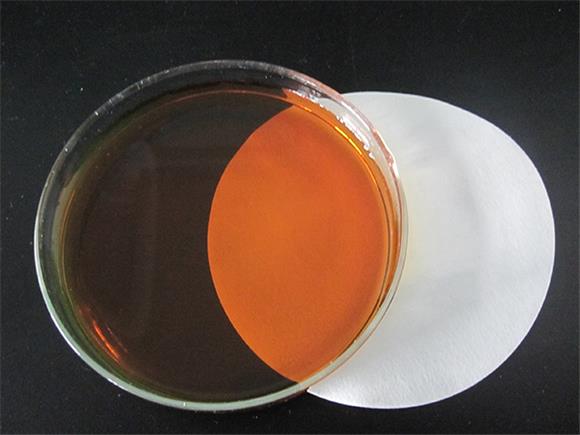
News
Aug . 12, 2024 13:02 Back to list
Exploring the Importance of Micronutrient Fertilizers for Sustainable Agriculture in India Today
The Importance of Micronutrient Fertilizers in India
In recent years, India has witnessed rapid agricultural growth aimed at enhancing food production to meet the demands of its burgeoning population. While macro-nutrients like nitrogen, phosphorus, and potassium often receive the majority of attention, micronutrients have emerged as critical elements that underpin sustainable agriculture. Micronutrient fertilizers, comprising essential trace elements such as zinc, copper, boron, iron, manganese, and molybdenum, play a pivotal role in improving crop yield, quality, and overall soil health.
The Micronutrient Challenge in Indian Agriculture
India has a diverse array of climatic zones and soil types, each with distinct nutrient requirements. However, many regions face deficiencies in crucial micronutrients. According to research, over 50% of Indian soils are deficient in zinc, and deficiencies in iron and boron are also prevalent in various states. This micronutrient deficiency can lead to several agricultural challenges, including reduced crop productivity, impaired growth, and poor quality of produce, ultimately affecting food security in a nation that heavily relies on agriculture for its economy and sustenance.
Benefits of Micronutrient Fertilizers
Micronutrient fertilizers offer several benefits that can significantly boost agricultural productivity in India. Firstly, they improve plant health by enhancing physiological functions. For example, zinc is essential for photosynthesis and enzyme function, while iron is crucial for chlorophyll synthesis. By supplementing these nutrients, farmers can promote healthier crops that are more resilient to pests and diseases.
Secondly, micronutrient fertilizers can increase crop yield and quality. Crops treated with appropriate micronutrient fertilizers have shown increased grain size, improved taste, and higher nutritional content, which is essential for combating malnutrition in a country where deficiencies in vitamins and minerals are rampant. Studies have shown that applying zinc and iron fertilizers can lead to yield increases of 15-20% in staple crops such as wheat and rice.
micronutrient fertilizer india

Furthermore, the judicious use of micronutrient fertilizers can lead to better soil health. They help in maintaining soil fertility and reduce the risk of soil degradation, which is increasingly becoming a concern due to over-reliance on macro-nutrients. Healthy soils support healthy plants, creating a sustainable agricultural ecosystem.
Challenges and Solutions
Despite the evident benefits, the adoption of micronutrient fertilizers in India faces several challenges. One major issue is the lack of awareness among farmers regarding the importance of micronutrients. Many farmers are accustomed to relying solely on NPK fertilizers, often neglecting the role of trace elements in enhancing productivity. Educational initiatives and government-supported programs are crucial to raise awareness and provide farmers with the necessary training on micronutrient management.
Another challenge is the limited availability of micronutrient fertilizers. There is a need for increased production and distribution networks to ensure that these essential fertilizers are accessible to farmers, particularly in rural areas. Partnerships between the government, agricultural organizations, and private sector players can facilitate the development of a robust supply chain.
Conclusion
Micronutrient fertilizers represent a promising solution to the challenges facing Indian agriculture today. By recognizing the critical role of these trace elements, enhancing awareness among farmers, and ensuring their availability, India can significantly improve crop productivity and food security. This, in turn, will contribute to the overall economic development of the country and help combat malnutrition among its population. As India moves forward, integrating micronutrient management into agricultural practices will be vital for sustainable growth and resilience in the face of emerging agricultural challenges.
-
Polyaspartic Acid Salts in Agricultural Fertilizers: A Sustainable Solution
NewsJul.21,2025
-
OEM Chelating Agent Preservative Supplier & Manufacturer High-Quality Customized Solutions
NewsJul.08,2025
-
OEM Potassium Chelating Agent Manufacturer - Custom Potassium Oxalate & Citrate Solutions
NewsJul.08,2025
-
OEM Pentasodium DTPA Chelating Agent Supplier & Manufacturer High Purity & Cost-Effective Solutions
NewsJul.08,2025
-
High-Efficiency Chelated Trace Elements Fertilizer Bulk Supplier & Manufacturer Quotes
NewsJul.07,2025
-
High Quality K Formation for a Chelating Agent – Reliable Manufacturer & Supplier
NewsJul.07,2025
